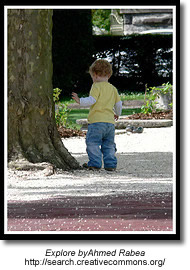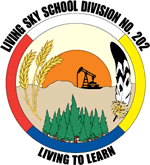Finding Information
 In this stage of the problem-solving process the researcher locates the resources that contain the answers to the research questions posed during the preparation or planning stage. However, in a technology and information-rich world the temptation is to accept the first three hits on google and not explore the wealth of available resources.
In this stage of the problem-solving process the researcher locates the resources that contain the answers to the research questions posed during the preparation or planning stage. However, in a technology and information-rich world the temptation is to accept the first three hits on google and not explore the wealth of available resources.
Teachers tend to overestimate students ability to locate appropriate resources often intimidated by their apparent ease and understanding of how to use the technology.
It is important that at this stage teachers are aware of the types of resources that tend to appear in the first three hits of a google search -- e.g. Wikipedia and be aware of what they are and how they are created. Students must use sophisticated analytical and critical thinking skills to structure their search and to select relevant, authoritative and credible resources.
As David Warlick says,
So one of the oldies requested was “Finding It on the Net: Being a Digital Detective.” The last time I’d taught that one, I was still introducing folks to Google and boolean searching. But today, it involves so much more. Not just finding the evidence, as a digital detective, but also witnesses. So I included a discussion about blogs and wikis, and using Technorati and Google Blog search to locate and select experts in a given field, and to use BlogPulse to map the frequency of specific conversations. We also looked at some examples of using wikis to tap into the collective knowledge of communities.
When it came to the digital detective seeking evidence, I did an old demo, illustrating a process-approach to conducting searches. I call it SEARCH, which is an acronym for the process. We also discussed the Wikipedia and other social content sites and their effectiveness as a reliable source. This discussion, alas, continues.
Finally, I demo’ed RSS, as a tool for not just finding information, but for training information to find you. So much more to finding information today.
In the finding stage of the problem-solving process graphic organizers can be used to
| determine key words for searching |
Spider Map |
| generate ideas and key words |
Clustering |

